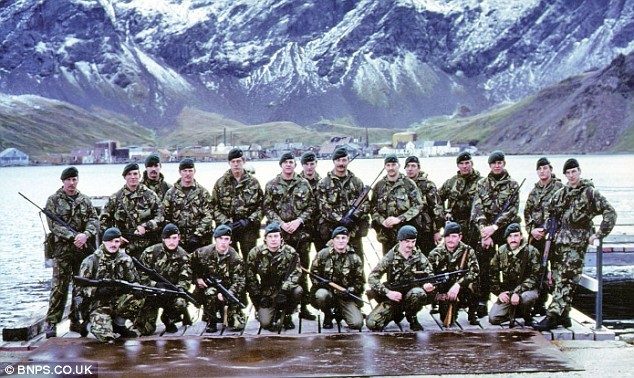

With so many factors in play, confused and sometimes contradictory plans resulted in Whitehall, and devolved onto commanders like Cochrane who made dubious or ill-informed decisions in the field as a result. Actions that would bolster the crown’s bargaining position in these negotiations, which began formally in Vienna on October 1, also had to be considered. Moreover, action in North America had to be considered in relation to talks with European heads of state who sought to remake the Continent in Napoleon’s wake. The means by which this victory would be achieved vacillated, between small-scale coastal raids and full-blown military engagements, depending on the threat level of a Napoleonic restoration. Although Britain sought the immediate submission of Madison’s administration and a quick end to the war, Liverpool was less willing to negotiate moderate terms now that greater military and naval effort could be directed towards a crushing and punitive American defeat. The rapidly-changing political, diplomatic, and naval/military circumstances on the Continent throughout 1814 also confused objectives in North America. Elba was too close to France, both in its proximity and its imperial loyalties and the threat of Bonaparte’s return loomed large. Britain’s uncertainty over the terms and conditions of Napoleon’s capitulation, however, caused problems for planners in London. coast, culminating in an attack on New Orleans, would prevent the Americans from amassing forces in the north.
#Surrender naval actio series#
4 Conversely, Prime Minister Lord Liverpool’s government was now free to craft an endgame for America and his war cabinet got to work on the primary goal of securing Canada while a series of diversions on the U.S. Madison’s ambition to “emancipate” Canada 3 may have faded, but he could now adopt new strategies to break Britain’s slow strangulation of the U.S. In April 1814, however, the relationship between the three nations was at a turning point. Yet the lure of Canada and the emotional appeal of impressment raised public support for a war with Britain, an action that would never have been considered without the all-consuming distraction provided by France. The predations of Britain and France on neutral American shipping provided Madison with a justification for war against both. The relationship between the two wars was indeed foundational.


That the United States understood its relative weakness in military and naval matters was evident in the opportunism with which Madison’s government declared war while Britain was focused on the existential threat posed by the Napoleonic juggernaut. The degree of reciprocity suggests, however, that these were two theaters in the same struggle, hinged on Great Britain, whose position as an imperial and commercial hegemon faced a dual challenge, albeit from vastly asymmetrical threats. Together, these events address the world-wide scope of war in 1814, and the interconnectedness of political, economic, and naval/military factors involving three nations engaged in two nominally-separate conflicts. bankruptcy and brewing rebellion in the Federalist northeast, Madison sought ways to boost revenue to meet the increased threat from Britain. President James Madison’s repeal of the trade embargo that had been in place, in various forms, since 1807.

An end to the war on the Continent theoretically enabled Britain to focus on North America and siphon off ships and troops that would allow Cochrane to broaden aggressive action on the eastern seaboard. Five days later, he signed the Treaty of Fontainebleau and agreed to the terms offered by Prussia, Austria, and Russia to give up control of his empire and accept exile to Elba. The second, which took place on April 6, was the abdication of Napoleon Bonaparte after his defeat in the Battle of Paris. The first occurred on April 1 when Vice-Admiral Sir Alexander Cochrane assumed command of the Royal Navy’s North America Station with every intention of escalating the war with the United States and bringing the conflict to a rapid end in Britain’s favor. The first two weeks of April 1814 brought about three important events in the global conflict that played out on both sides of the Atlantic, as the Napoleonic Wars in Europe and the War of 1812 in North America.


 0 kommentar(er)
0 kommentar(er)
